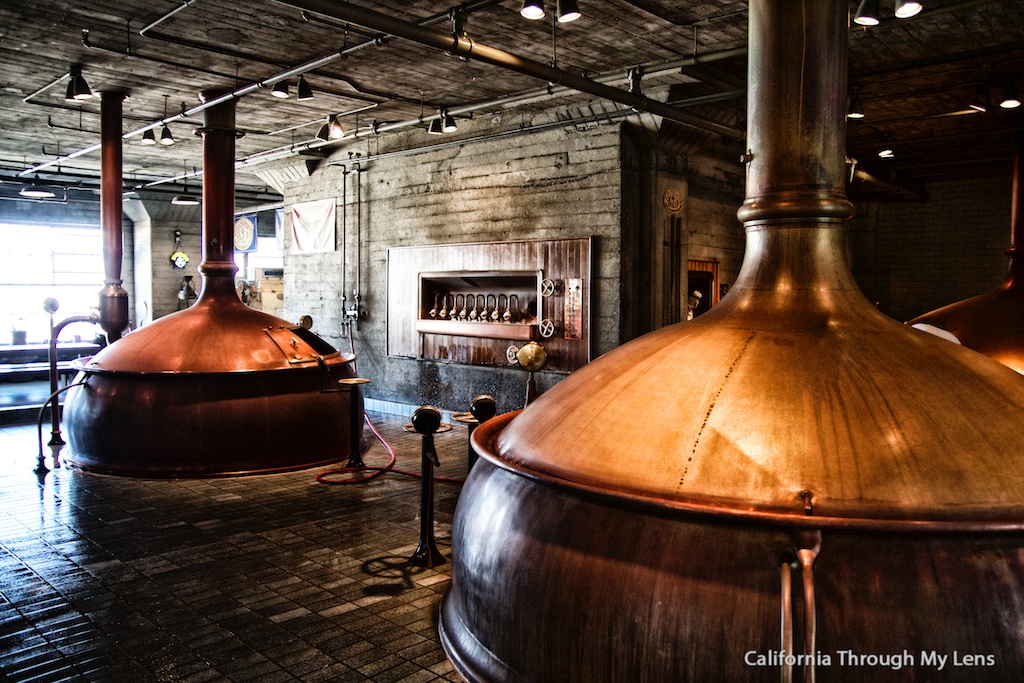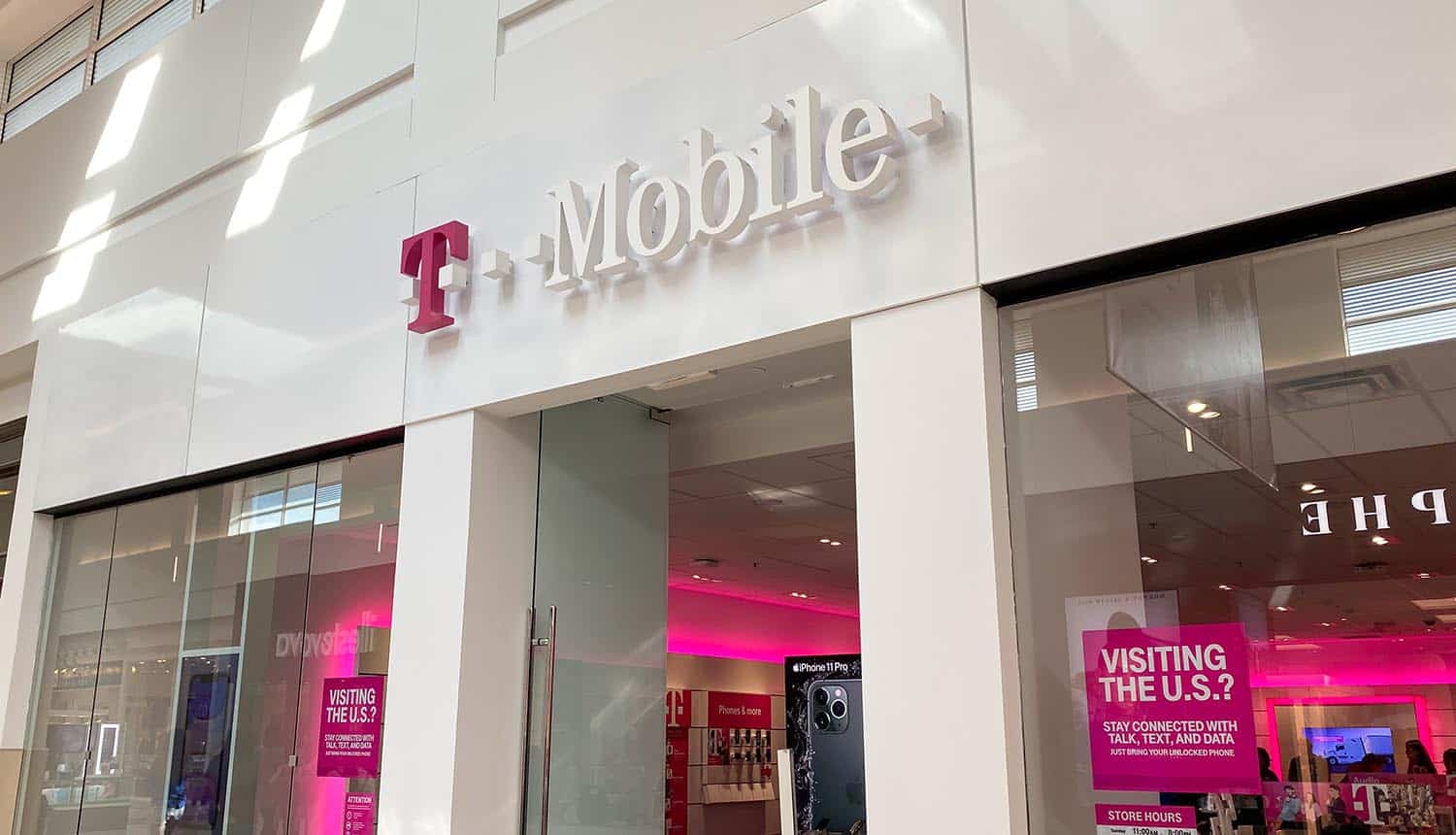The Closure Of Anchor Brewing Company: What's Next?

Table of Contents
Reasons Behind the Anchor Brewing Company Closure
The closure of Anchor Brewing wasn't a sudden event; it was the culmination of several intertwined challenges affecting the brewery's profitability and overall sustainability.
Financial Difficulties and Declining Sales
Anchor Brewing, like many breweries, faced a perfect storm of financial headwinds. Declining sales figures, coupled with rising production costs and increasingly fierce competition in the saturated craft beer market, significantly impacted the brewery's bottom line. Changing consumer preferences, a move towards more experimental and trendy beer styles, also contributed to the decline.
- Shrinking market share: Anchor Steam Beer, while a classic, faced challenges competing with the diverse and innovative offerings of newer craft breweries.
- Rising barley and hop prices: Increased ingredient costs squeezed profit margins, making it harder to maintain competitive pricing.
- Distribution challenges: Reaching a wider audience and effectively competing with larger national brands proved increasingly difficult.
These factors, combined, created a financially unsustainable situation for Anchor Brewing. Reports suggest a steady decline in profitability over several years, ultimately leading to the difficult decision to cease operations. Analyzing brewery profitability in the current craft beer market trends reveals the immense pressure faced by even established brands.
Changes in Ownership and Management
Anchor Brewing's ownership has changed hands several times throughout its history. These shifts in ownership and subsequent management decisions arguably played a role in the company's eventual struggles. Different corporate strategies and approaches to managing the brand may have contributed to the decline in sales and market share.
- 2017 acquisition by Sapporo: The acquisition by the Japanese beverage giant, Sapporo, marked a significant turning point. While the initial hope was for increased resources and market reach, the intended synergies didn't fully materialize.
- Strategic shifts: Changes in marketing, distribution, and product development may have inadvertently alienated some of Anchor's loyal customer base.
- Lack of innovation: Failure to adapt to changing consumer preferences and introduce new and exciting products may have also contributed to the decline.
The Impact of the COVID-19 Pandemic
The COVID-19 pandemic significantly impacted the hospitality industry, including breweries and their taprooms. The closure of bars and restaurants, coupled with reduced consumer spending, significantly impacted Anchor Brewing's sales and overall revenue streams.
- Closure of taprooms: The temporary and then, for many, permanent closure of taprooms, representing a significant revenue source for most breweries, dealt a heavy blow.
- Supply chain disruptions: The pandemic caused disruptions in the supply chain, impacting the timely sourcing of essential ingredients and packaging.
- Reduced consumer spending: Many consumers reduced their spending on discretionary items like craft beer during the economic uncertainty of the pandemic.
The Future of Anchor Brewing and its Brands
The closure leaves many questions about the future of Anchor Brewing and its iconic brands. Several scenarios are possible.
Potential Acquisition or Rebranding
The most likely scenario is that another company will acquire Anchor Brewing and its brands. Several larger breweries or private equity firms could be potential buyers, interested in acquiring the brand recognition and historical significance of Anchor Steam Beer. A rebranding effort might revitalize the brand and reposition it within the craft beer market.
- Potential buyers: Larger craft breweries, international beer conglomerates, or private equity firms specializing in the beverage industry are all possibilities.
- Rebranding strategies: A potential buyer might focus on highlighting Anchor Steam Beer's heritage while modernizing its image and marketing approach.
- New product lines: Introducing new beer styles under the Anchor Brewing umbrella could attract a wider audience and boost sales.
The Legacy of Anchor Steam Beer
Anchor Steam Beer holds a significant place in American craft beer history. Its unique brewing process and distinct flavor profile have cemented its status as a classic. Regardless of ownership, the legacy of Anchor Steam Beer is likely to endure.
- Continued production: A new owner is likely to continue producing Anchor Steam Beer, potentially expanding its distribution and marketing efforts.
- Preservation of history: Efforts to preserve the history and traditions associated with Anchor Steam Beer will likely be a priority for any future owner.
- Cultural significance: Anchor Steam Beer's impact on San Francisco's cultural identity and the broader craft beer movement is undeniable and will continue to be celebrated.
Impact on the San Francisco Craft Beer Scene
The closure of Anchor Brewing significantly impacts San Francisco's vibrant craft beer scene and the local economy. The loss of a long-standing brewery impacts local jobs, tourism, and the overall identity of the city's brewing community.
- Job losses: The closure directly resulted in job losses for Anchor Brewing employees.
- Economic impact: The closure impacts related businesses such as distributors, suppliers, and local bars and restaurants.
- Impact on tourism: Anchor Brewing's closure diminishes a significant tourist attraction for beer enthusiasts visiting San Francisco.
Conclusion: What Lies Ahead for Anchor Brewing Company?
The Anchor Brewing Company closure resulted from a confluence of factors, including financial difficulties, management challenges, and the impact of the COVID-19 pandemic. While the immediate future remains uncertain, the potential for acquisition or rebranding remains high. The legacy of Anchor Steam Beer, however, will undoubtedly persist. The fate of Anchor Brewing is a landmark event in the craft beer industry, highlighting the challenges faced by even established brands in a competitive market. We encourage you to share your thoughts and opinions on the future of Anchor Brewing Company and the broader implications of its closure. What do you think will happen next? What's your prediction for the impact of the Anchor closure on the craft beer industry? Let's discuss the future of Anchor Brewing Company.

Featured Posts
-
 Masshtabnaya Raketnaya Ataka Rossii Na Ukrainu Podrobnosti
May 17, 2025
Masshtabnaya Raketnaya Ataka Rossii Na Ukrainu Podrobnosti
May 17, 2025 -
 Ukraina Pod Massirovannym Obstrelom Bolee 200 Raket Ot Rf
May 17, 2025
Ukraina Pod Massirovannym Obstrelom Bolee 200 Raket Ot Rf
May 17, 2025 -
 The Growing Market For Disaster Betting The Case Of The La Wildfires
May 17, 2025
The Growing Market For Disaster Betting The Case Of The La Wildfires
May 17, 2025 -
 Quiet Luxury Soundproof Apartments Reshape Tokyos Real Estate Landscape
May 17, 2025
Quiet Luxury Soundproof Apartments Reshape Tokyos Real Estate Landscape
May 17, 2025 -
 Greenko Founders Seek New Deal To Acquire Orix Stake In India
May 17, 2025
Greenko Founders Seek New Deal To Acquire Orix Stake In India
May 17, 2025
Latest Posts
-
 Creatine For Beginners A Simple Explanation
May 17, 2025
Creatine For Beginners A Simple Explanation
May 17, 2025 -
 Creatine 101 Everything You Need To Know
May 17, 2025
Creatine 101 Everything You Need To Know
May 17, 2025 -
 Is Creatine Safe And Effective A Comprehensive Review
May 17, 2025
Is Creatine Safe And Effective A Comprehensive Review
May 17, 2025 -
 Creatine Supplements What You Need To Know Before You Buy
May 17, 2025
Creatine Supplements What You Need To Know Before You Buy
May 17, 2025 -
 T Mobile Data Breaches Result In 16 Million Penalty A Three Year Timeline
May 17, 2025
T Mobile Data Breaches Result In 16 Million Penalty A Three Year Timeline
May 17, 2025
